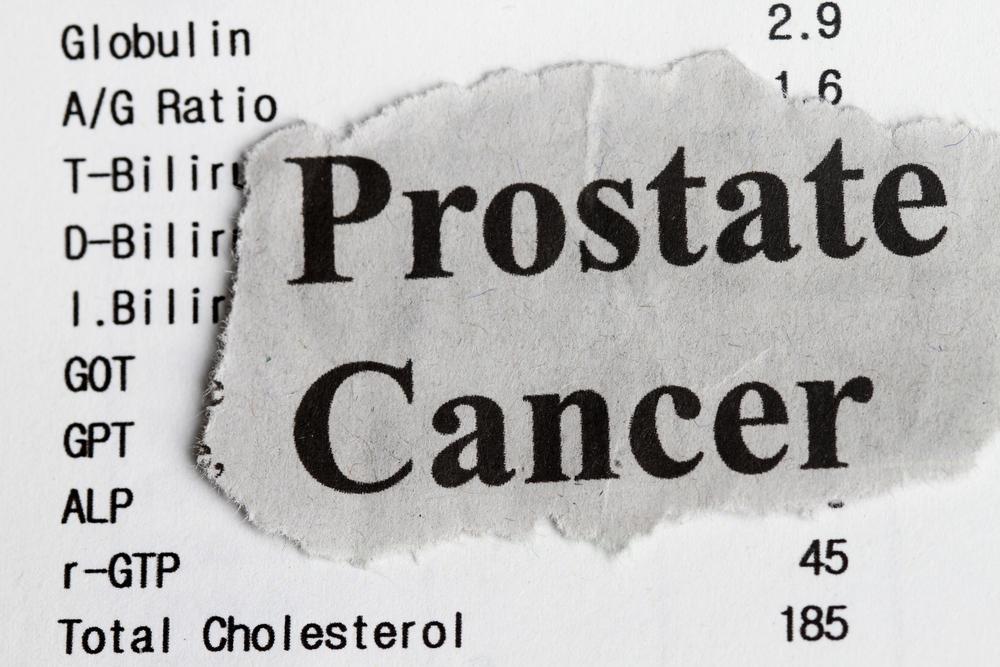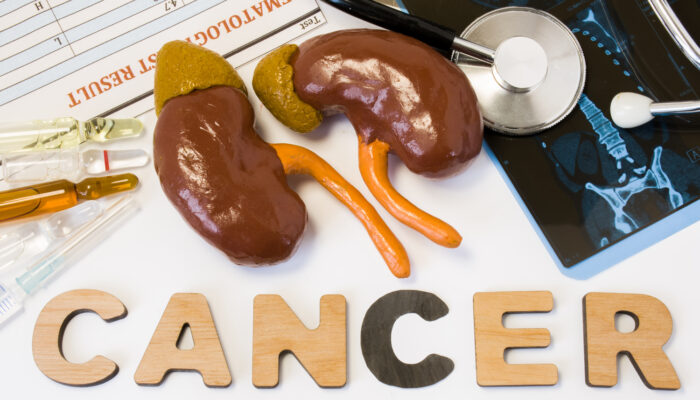
Prostate Cancer Risk Factors
Men’s cancer can develop in one of the most important glands in men’s reproductive system, the prostate gland. The prostate gland produces the seminal fluid responsible for sperm nourishment and transportation of sperms. The disease has become quite common making it essential for every man to be well informed about the prostate cancer treatment. This enables them to take the necessary precautions to prevent and control men’s cancer. Various factors increase men`s susceptibility to the condition, which are listed and explained below:
1. Age
Advanced age has been found to increase the chances of men suffering from diseases. A series of scientific and medical research projects have been carried out, and it has been confirmed that about 80% of men diagnosed with the disease are more than 65 years older. It is, therefore, important for men to go for a regular andrological checkup.
2. Genetics
Genes also play a role in the occurrence of the disease. Family history is important as the disease runs in the family in about 20% of the cases because of the existence of shared genes, environment and lifestyle factors combination.
3. Hormones
Hormonal imbalance and constant inflammation of the prostate gland possibly from infections are also possible risks for the occurrence of carcinogenic cells in the prostate gland which may lead to prostate cancer.
4. Heredity
Heredity accounts for a total of 5% of the cases of the disease. This is usually as a result of the occurrence of genetic changes such as mutations. Scientists have established three common patterns that can be used to determine the heredity of the disease. These include; at least three first three degree relatives, three generation of the same side of the family and an at least two close relatives below the age of 55 from the same side are diagnosed with the disease.
5. Chemical exposure
Exposure of dangerous chemicals such as Agent Orange and radiographic roles are also common prostate cancer risk factors. Lifestyle especially diet and nutrition is proposed to be a direct cause of the disease. This is as a result of the occurrence of acquired genetic mutations.
The fact that it has proved difficult to establish the main cause of the pathophysiology of the disease makes it difficult to develop a specific cure of the disease. Oncologists, thus, emphasize and focus on the prevention and treatment of cancer equally. The cancer patients have a variety of treatment options, including:
- Radical prostatectomy
- Radiation therapy
- Cryosurgery
- Focal laser ablation
- Bone- directed treatment, in cases where cancer has metastasized
It is of note that the patient reacts differently to different cancer therapies. The level of advancement of the disease also determines the choice of treatment method. Compliance of the patients with their oncologists and close monitoring of the patients by the oncologists results to incredible results from the course of prostate cancer treatment for men.



